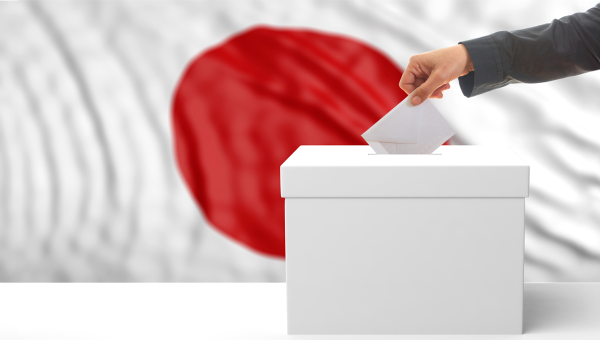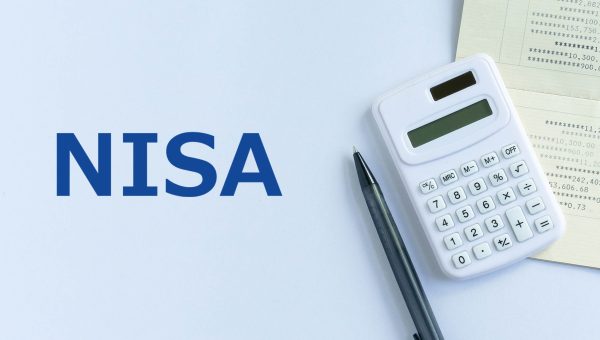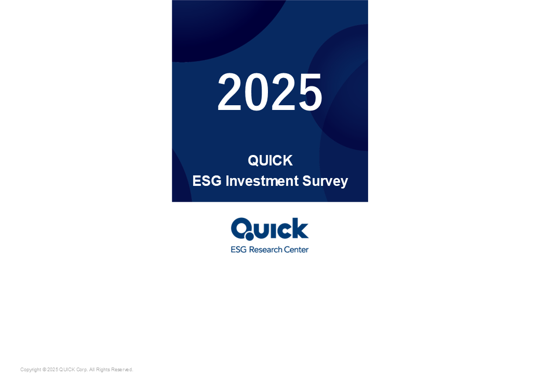Japan Markets ViewIs Softbank Group’s “Averaging Down” of Its Own Stocks Effective?
Dec 09, 2021

[Nikkei QUICK News] Just over a year ago, the possibility of an MBO (management buyout) by Masayoshi Son, Chairman & CEO of SoftBank Group Corp. (“SBG,” 9984), became a hot topic. The stock price was rising steadily. As time went by, SBG’s stock price sank to the JPY5,000 level, almost half of the year high price of JPY10,695 in March, and its market value fell below JPY10tn. Inwardly, Mr. Son may be thinking, “Deciding on the share buyback plan in November has paid off.”
The decline in the stock price is mainly due to two “A” issues: the declining profitability of Alibaba Group Holding Limited, the largest online retailer in China, and the uncertainty surrounding the sale of Arm Limited, a British semiconductor design giant.
■ Plan B: the possibility of an Arm IPO
The U.S. Federal Trade Commission (“FTC”) pointed out on December 2 in a statement that “NVIDIA (NVIDIA Corporation) will have a monopoly on technologies and designs that are essential for rival companies to develop semiconductors,” and filed a lawsuit to enjoin the acquisition of Arm by NVIDIA, which SBG and NVIDIA agreed to in September 2020.
If the sale of Arm goes back to the drawing board, it will have a significant impact on SBG’s business strategy. Under the agreement, SBG will receive up to USD40bn (about JPY4.5tn) in the total of cash and NVIDIA stocks as consideration for the Arm stocks.
In February this year, Mr. Son said, “We are not thinking of a plan B (if not approved),” however it is believed that there is actually a way to make Arm go through an initial public offering (IPO) and cash out. From just before the agreement with NVIDIA to now, the U.S. PHLX Semiconductor Sector Index (SOX) has risen 80%. The Arm stock is also a target for rivals of NVIDIA, such as Qualcomm Incorporated. When it goes public, it will naturally command a high price.
What is more troubling for SBG is that its long-term strategy of becoming a major shareholder of NVIDIA to break away from its dependence on Alibaba and lead the artificial intelligence (AI) revolution may be undermined. The stock prices of Alibaba and SBG were closely linked from the time Alibaba was listed on the U.S. stock market in September 2014 until last fall, however for a period of time until around March this year, Alibaba’s stock price was low and SBG’s stock price was high. In addition to SBG’s share buyback, there were high expectations for the NVIDIA-Arm alliance.
■ SBG’s share buyback: JPY7,000 per share in the past
In April this year, SBG stock became more closely linked to Alibaba stock. The market seems to be trying to factor in the situation where the sale of Arm is becoming more uncertain and could lead to a return to dependence on Alibaba.
Given this deteriorating environment, the company’s share buyback plan of up to JPY1tn was a sound decision. There are two reasons for this. One is to buy some time to prepare “Plan B” to support the stock price decline to some extent until the Arm issue is settled. The other is to buy stocks from short-term investors at a discounted price, thereby increasing the freedom of management. A simple calculation shows that the total market value of SBG’s stake in Alibaba and its telecom subsidiary SoftBank Corp. (9434) alone exceeds the current market value of SBG (JPY9.4tn) by more than 30%.
SBG has conducted a total of about JPY3.8tn in share buybacks between September 2011 and May this year. According to SBG, the average unit cost of share buybacks is about JPY7,000 per share. Averaging down of own stocks in order to reduce cost may be effective.
NQN News on QUICK Data Factory
https://corporate.quick.co.jp/data-factory/en/product/data017/




